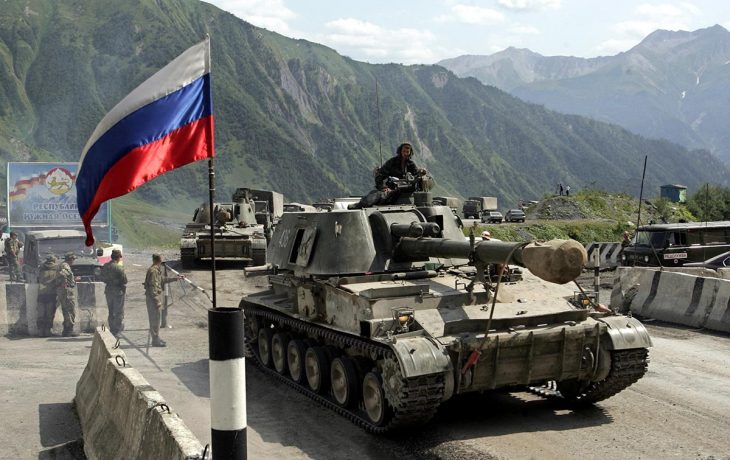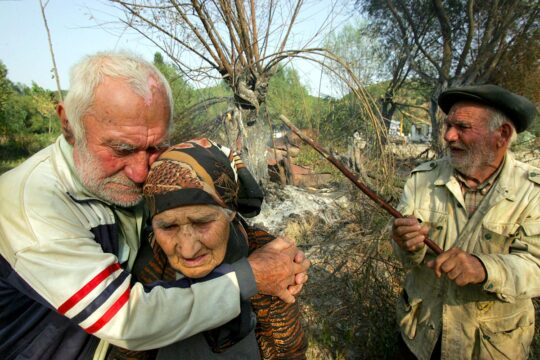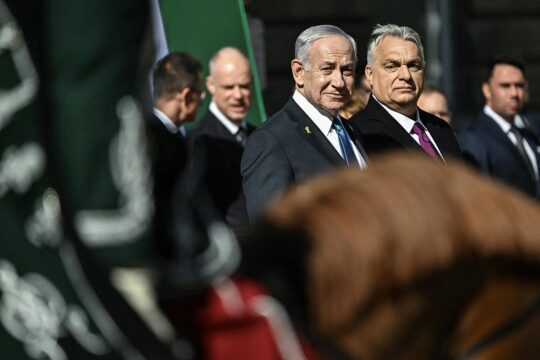The International Criminal Court's chief prosecutor said on Thursday he had requested arrest warrants for three people over alleged war crimes during the 2008 conflict opposing Russia and Georgia in South Ossetia.
The accused were Mikhail Mayramovich Mindzaev, then minister of internal affairs of the pro-Moscow breakaway region, Gamlet Guchmazov, head of the ministry's preliminary detention facility, and David Georgiyevich Sanakoev, the region's "ombudsman" at the time, he said in a statement.
"My application for these warrants of arrest focuses specifically on unlawful confinement, ill-treatment, hostage taking and subsequent unlawful transfer of ethnic Georgian civilians in the context of an occupation by the Russian Federation," said ICC chief prosecutor Karim Khan.
ICC judges in The Hague will now have to decide whether or not to approve the warrants.
The court in 2016 opened an investigation into alleged war crimes during the brief 2008 war between Russia and Georgia over South Ossetia, its first such probe into events outside Africa and the first into a war involving Russia.
The fighting in August 2008 claimed more than 700 lives and displaced tens of thousands of ethnic Georgians.
During the fighting, most Georgian civilians living in South Ossetia fled to undisputed Georgian territory, Khan said.
But "almost immediately after the Georgian armed forces were driven out of South Ossetia, Russian forces and -- primarily -- South Ossetian forces began capturing Georgian civilians, mostly the elderly and sick who were unable or unwilling to abandon their homes and flee the fighting", he added.
"The evidence shows that many of these people were unlawfully confined in unsanitary and unsafe conditions, insulted, beaten, tortured and humiliated."
The application for warrants comes on the 15th day of a Russia invasion of Ukraine. The ICC has already begun investigating possible war crimes in that conflict.
Moscow has never ratified the world's only permanent war crimes court, but in a heavily symbolic move in 2016 formally withdrew its signature to the tribunal's founding Rome Statute.






